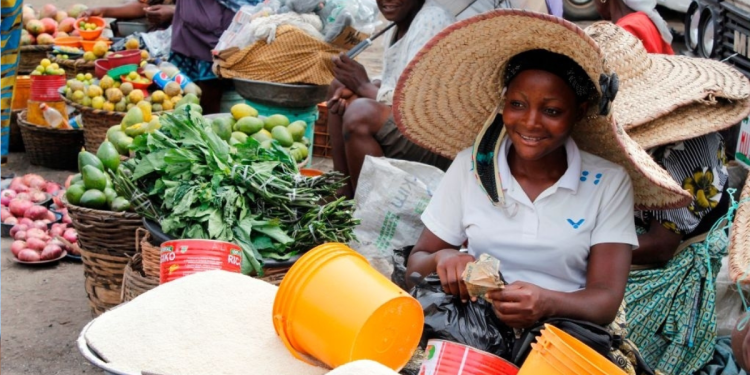
25 million Nigerians at risk of acute food crisis: Tinubu responds
Food inflation in Nigeria has increased by 155 per cent from May 2014 to May 2023. This indicates that prices of goods and consumables have doubled over the past ten years.
Tag

Food inflation in Nigeria has increased by 155 per cent from May 2014 to May 2023. This indicates that prices of goods and consumables have doubled over the past ten years.
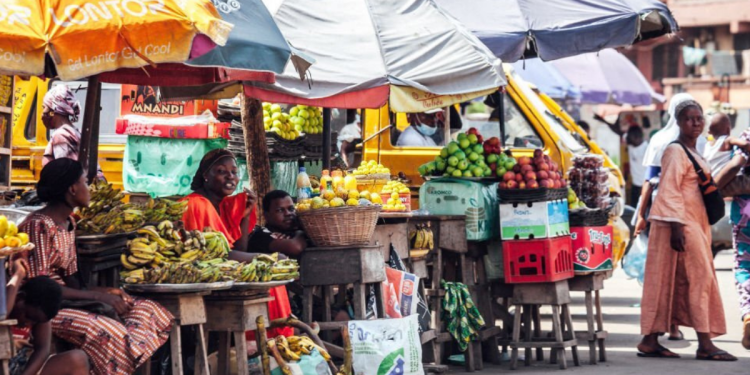
According to a survey by the Food and Agriculture Organisation (FAO), six out of 10 Nigerians are experiencing food insecurity. Plagued by rising food inflation and insecurity in several agrarian communities across the country, food has become an expensive elusive resource for most Nigerians.
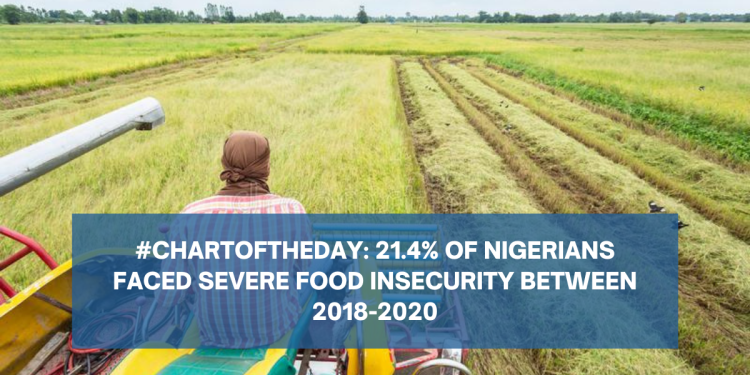
The prevalence of severe food insecurity in Nigeria has been on a steady increase as the number of people affected rose from 11.9Million for 2014-2016 to 43 Million for 2018-2020 period.

From health to gender, security, agriculture, extractives and other sectors, Dataphyte covered all the pertinent events that unfolded in the country in 2021 and “made it make sense” for Nigerians, bringing deeper insights into the issues.
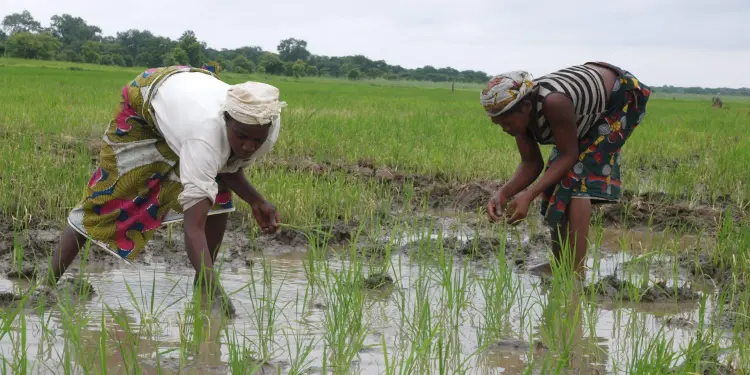
Nigeria’s agriculture contribution to the Gross Domestic Product (GDP) makes it the largest sector in the country. In 2014, the sector achieved a GDP of $113.64 billion. Even with low agriculture yields, conflicts, and armed insurgency, the sector still contributed $78.45 billion to the GDP in 2017. The sector contributes a cumulative of 25 per cent of the GDP and accounts for 48 per cent of the labour force. In the last five years, the sector has maintained a growth rate of 4 per cent.
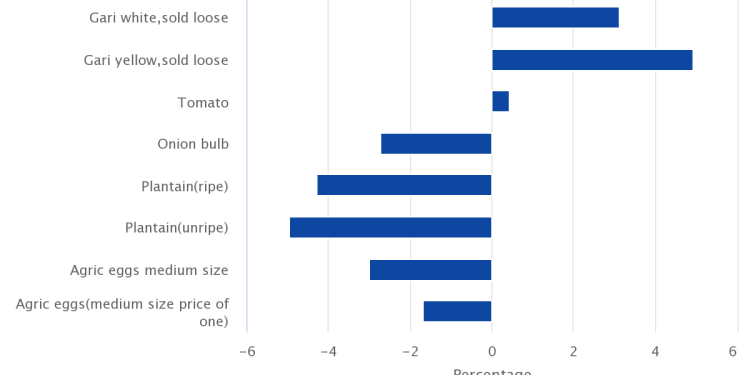
At least five key food classes have shown the effect of the COVID-19 lockdown on economic returns and by extension, the consumption pattern of Nigerians.
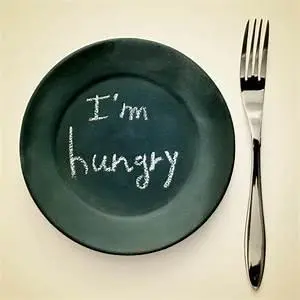
Covid19 pandemic in Nigeria poses a threat to food security for the burgeoning northern population if the current lockdown directive persists.